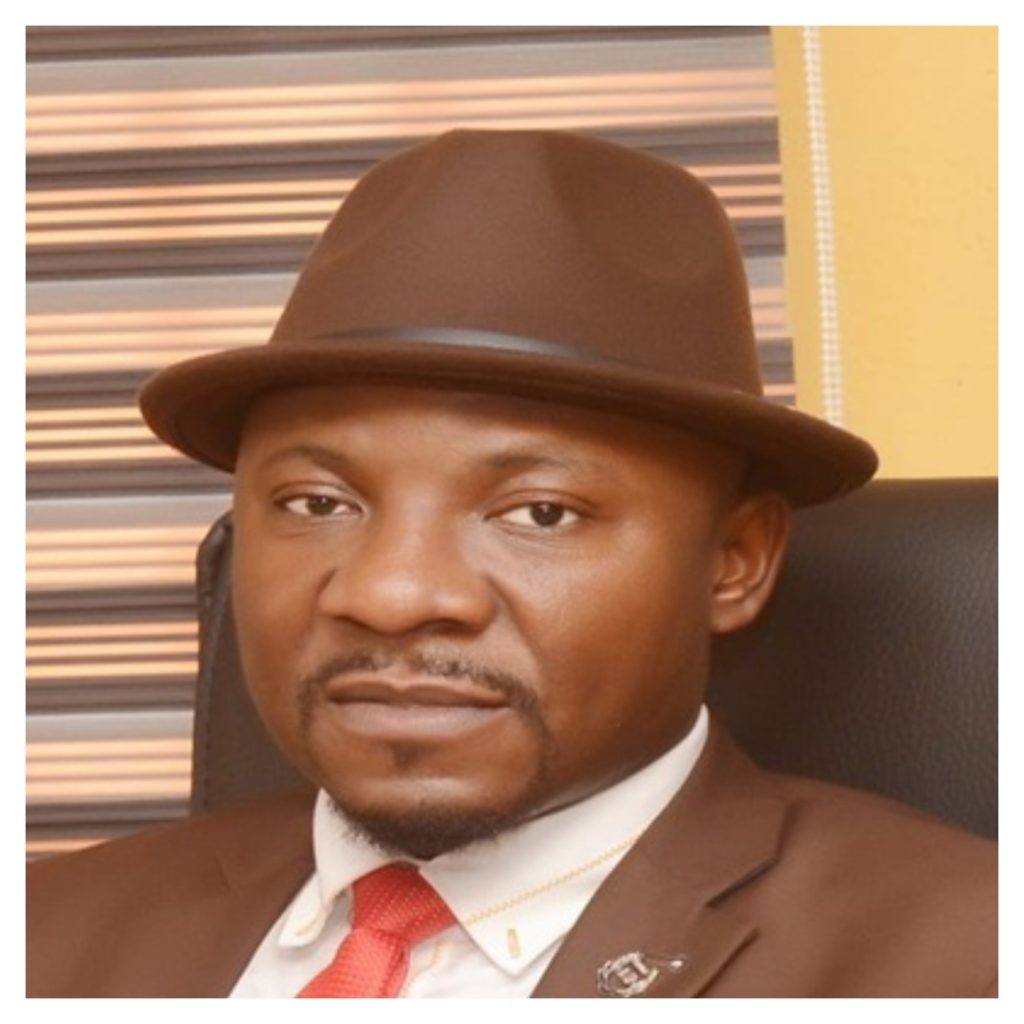Ahmed Dangiwa, the Minister of Housing and Urban Development, has lauded Kaduna State as a model for housing reforms in Nigeria. Speaking on Thursday during the 12th Meeting of the National Council on Lands, Housing and Urban Development (NCLHUD), held in Kaduna, the minister highlighted the exemplary leadership demonstrated by the state in housing development. According to him, Kaduna stands as a prime example of how to effectively approach challenges in the housing sector.
Dangiwa highlighted Kaduna State’s adoption and enactment of the Model Mortgage Foreclosure Law (MMFL) in June 2017, making it one of the first states in the country to do so. He also noted the establishment of a functional State Mortgage and Foreclosure Authority, which coordinates and promotes housing investments and mortgage development activities in line with the foreclosure law.
He further explained that the state had implemented reforms in land administration, titling, registration, and offered fiscal incentives to enhance the supply side. Through the Kaduna Geographic Information Service (KADGIS), the state digitized land administration and provided land for willing developers. Additionally, the Ministry of Housing and Urban Development commenced the direct construction of low-medium income housing to expand the housing stock.
On the demand side, Kaduna State developed single-digit interest rate mortgage arrangements with Sterling Bank, FHA Mortgage Bank, and NMRC. The mortgage arrangement with Sterling Bank facilitated buyers of non-essential government residential assets to secure mortgage loans at open market value.
Dangiwa also highlighted that Kaduna’s revenue generation had significantly increased to over N44 billion annually, positioning the state among the top 10 revenue-generating states in Nigeria and first among the northern states. This achievement is particularly noteworthy considering the lack of amendments to the Land Use Act, making Kaduna a major source of foreign direct investment.
He praised Kaduna’s Qatar Sanabil Project, designed to deliver approximately 500,000 housing units, as a testament to the state’s business-friendly environment worthy of emulation.
The minister also acknowledged President Bola Tinubu’s emphasis on housing as a top priority for his government, citing its potential to stimulate economic growth, create jobs, and alleviate poverty. He stressed the need for action and results, urging housing commissioners and stakeholders to elevate their contributions to the housing sector.
While reaffirming the ministry’s commitment to providing proactive leadership in driving the housing sector, Dangiwa highlighted the exploration of creative solutions and the implementation of necessary reforms to reshape the narrative of housing and urban development in the country.
In his remarks, Abdullahi Gwarzo, the Minister of State, Housing and Urban Development, commended the Ministry of Housing for its leadership and the foundation laid in housing programmes and interventions in line with Presidential Priority Projects and other key programmes.
Representing Governor Uba Sani of Kaduna State, Aminu Shagali, the Commissioner for Housing and Urban Development, emphasized the vital importance of housing and the state government’s commitment to prioritizing it. He disclosed the construction of 624 affordable housing units in various locations, underscoring the significance of the theme for this year’s meeting, “Harnessing Local and International Credit Schemes as a Panacea for Affordable Housing Infrastructure Development Under the Renewed Hope Agenda.”
Sen. Aminu Tambuwal, Chairman of the Senate Committee on Housing and Urban Development, identified affordable funding as a critical challenge in the housing sector. He reassured the readiness of the National Assembly to collaborate with the Ministry to deliver affordable housing to the populace, emphasizing the sector’s role in economic growth and development.
Aminu Balele, Chairman of the House Committee on Housing and Habitat at the House of Representatives, stressed the need for governments at all levels and the private sector to collaborate in devising viable housing options. He expressed hope that the council would formulate effective policies to address the current population growth, acknowledging that the country faced a housing deficit of 28 million as of 2011.
The comprehensive discussions and commendations at the NCLHUD meeting reinforce the significance of Kaduna’s housing reforms as a potential blueprint for effective housing development across Nigeria. As it continues to set the pace in housing initiatives, Kaduna State stands as a beacon of progress and innovation in the country’s housing and urban development landscape.



